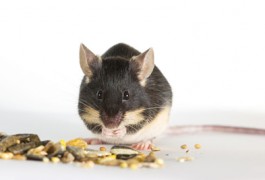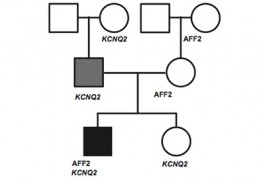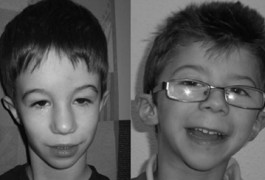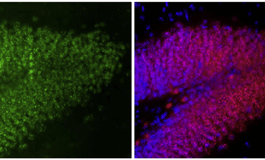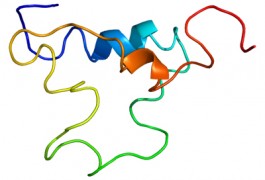Cognition and behavior: Diet makes autism mouse friendly
Eating a high-fat, low-carbohydrate — or ‘ketonogenic’ — diet for five weeks makes a mouse model of autism more sociable, according to a study published 5 June in PLoS One. The results suggest that this diet may be beneficial for children with autism.
